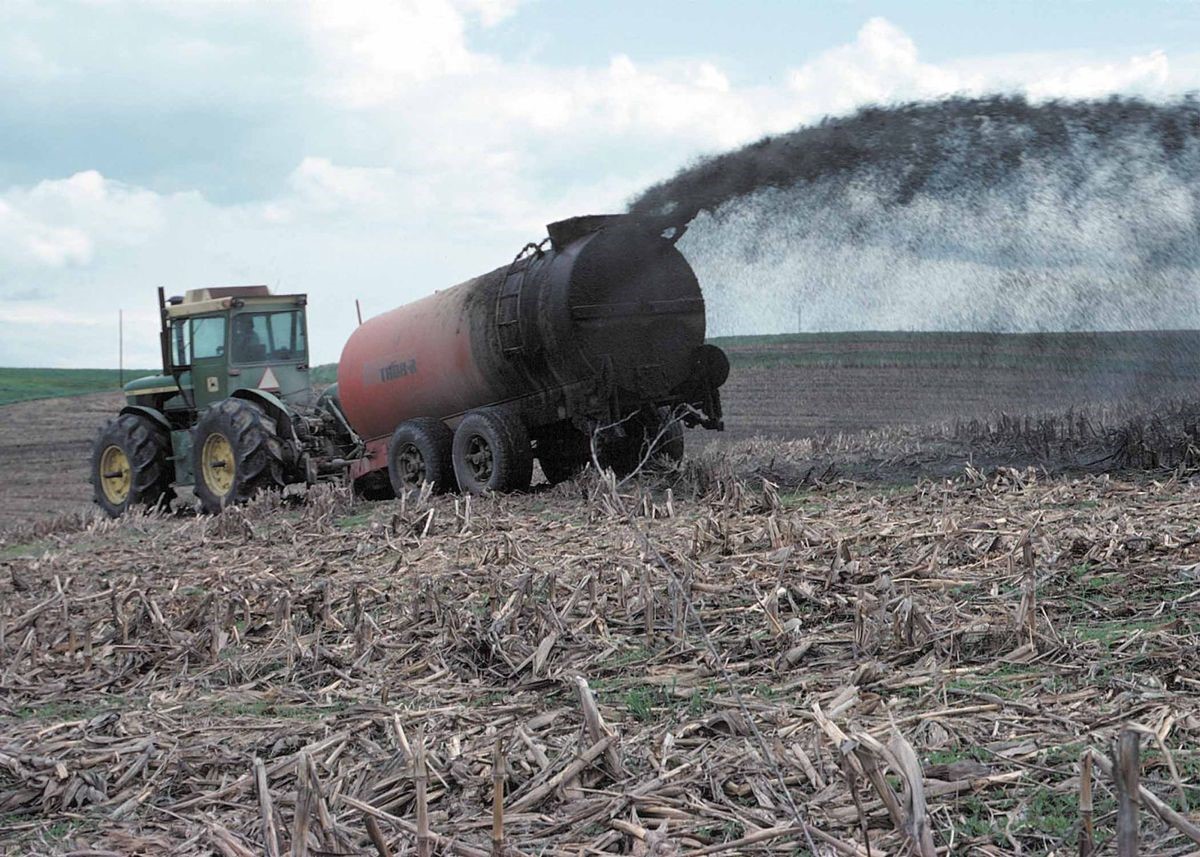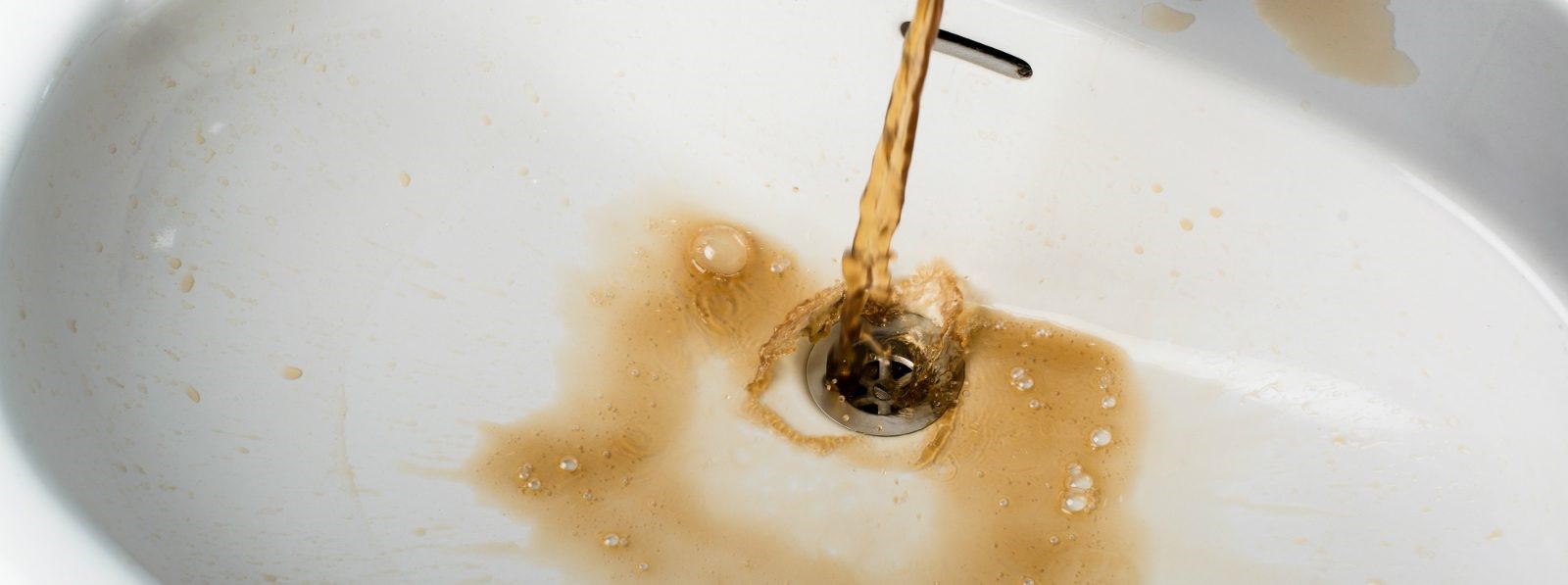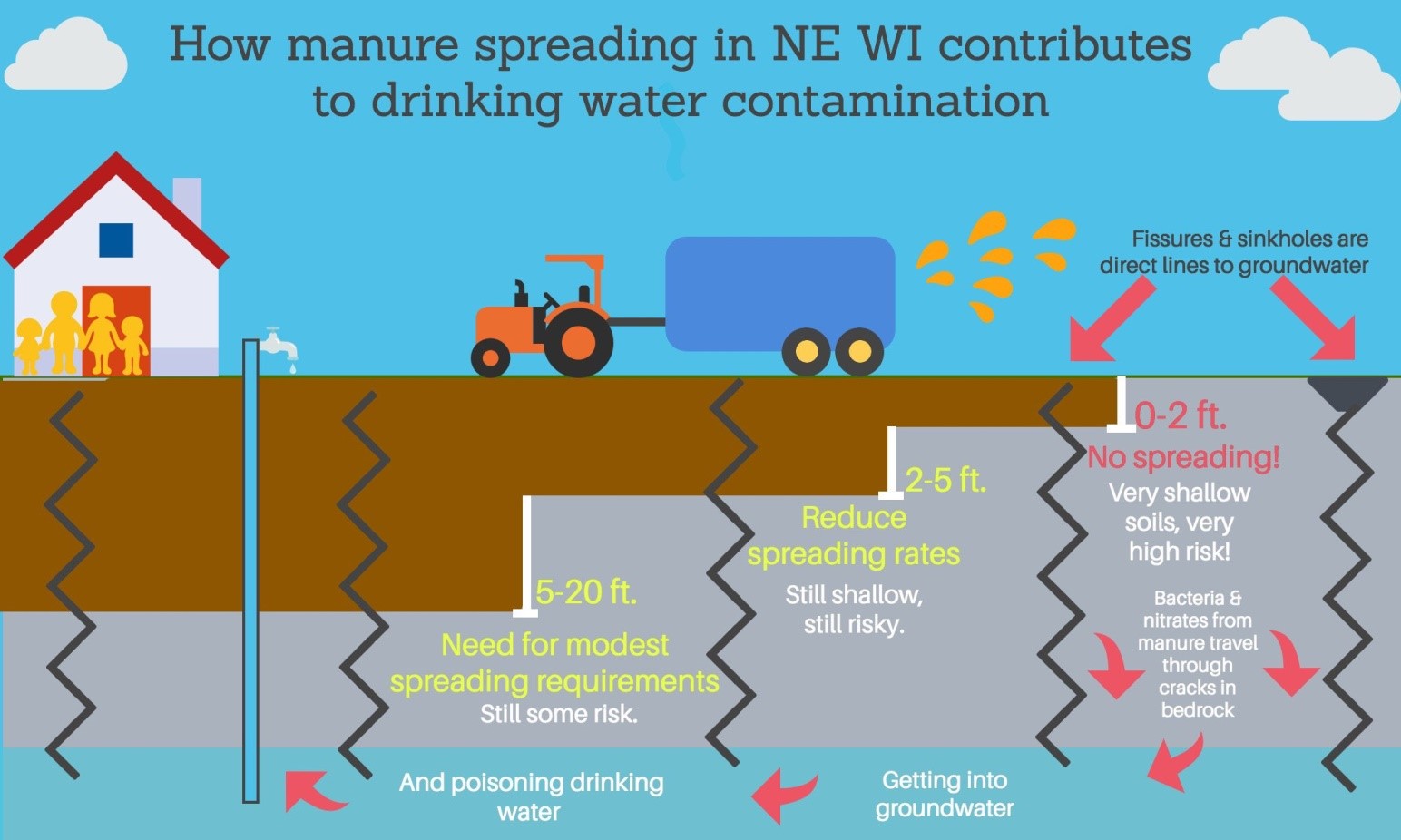On Wednesday, January 24, 2018 the proposed rule revisions to NR 151 were passed by the Natural Resources Board. They now go on to the Legislature. The John Muir Chapter supports these changes for the reasons spelled out below. To make sure they go into effect it is important to contact your local legislator to voice your opinion in support of the rule changes. Find your legislator here: http://maps.legis.wisconsin.gov/?single=y&lat=&lon=&address

What are the Issues with Manure Spreading?
Large farms produce massive amounts of animal waste that contains phosphorous, nitrogen and pathogens, which cause contamination of drinking water. When manure is spread, it seeps into soils and then into the bedrock below. If soil above bedrock is shallow, there is not enough of a filter before contaminants reach and pass through the bedrock. If soil above bedrock is deep, it is better able to act as a filter and prevent contaminants from passing through. The issue is that there are many locations in Wisconsin with karst topography, or soluble bedrock, making it extremely easy for contaminants from manure spreading to pass into well-water. This has been happening specifically in places like Kewaunee County because Northeastern Wisconsin has lots of fractured bedrock and shallow soils. Karst topography is also common in Southwestern Wisconsin, but there has not been a lot of water testing done to show just how much the area has been affected..

What is Happening in Kewaunee County?
Kewaunee County has been facing a crisis with drinking water contamination for quite a few years. An increasing number of cows, particularly in Confined Animal Feeding Operations, has led to an increased amount of manure that needs to be spread. This level of manure spreading has led to one out of every three private wells with water that is unsafe to drink.
Stats on the Effects of Manure Spreading in Kewaunee County
-700 million gallons of cow manure are produced each year in Kewaunee County alone
-The U.S EPA stated that 2,500 dairy cows produce the same amount of waste as a city containing 411,000 residents
-Cows outnumber people 4.75:1 so that means if the human population in Kewaunee County in 2017 was 20,574 there would be almost 100,000 cows. Based on the statistic above, that means that the cows in Kewaunee County alone produce the same amount of waste as a city containing almost over 16.5 million residents.
-Over 30% of wells tested for pathogens are contaminated
-Property values have dropped roughly 13% for houses that are located near large farms
How will the Rules of NR 151 Help?
New rules on where, how, and when farmers can spread manure will help address the problem. Prohibiting application of manure within 250 feet of wells would cause a significant and positive change in the levels of contamination. Also, prohibiting manure spreading on areas with less than two feet of soil above bedrock would cause a huge difference in contamination since two feet cause no buffer for contaminants to seep into the bedrock below. The proposed rules will not specifically solve the issue of drinking water insecurity, but it is a step in the right direction.

Image taken from Clean Wisconsin
Make Your Voice Heard!
The Sierra Club-John Muir Chapter supports the rule because clean drinking water is crucial and should not have to be something that Wisconsinites are worrying about in the 21st century. Please use this link below to find your legislator and contact them to let your voice be heard!
Link to find the legislator representing your area: http://maps.legis.wisconsin.gov/?single=y&lat=&lon=&address
By Danielle Acker, Chapter Intern and Water Team Member